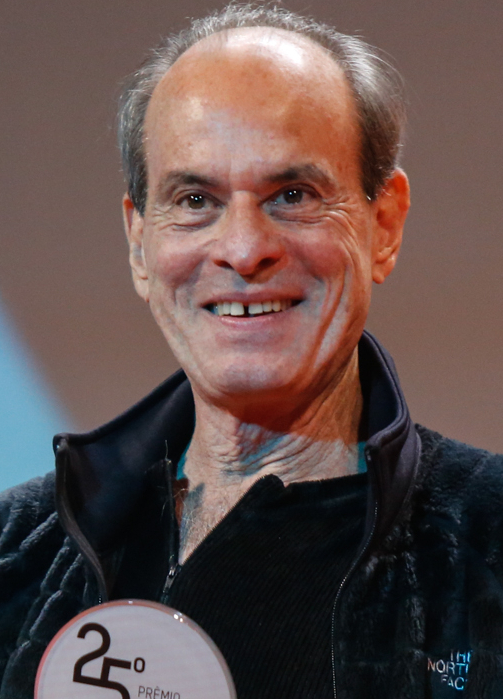
Luis Otávio Leal
Luis Otávio Leal is an economist associated with G5 Partners, known for his insights on Brazil's economic indicators. He recently gained attention for analyzing the country's inflation data, highlighting that the nominal decrease in January's inflation rate was largely influenced by an atypical reduction in electricity costs due to a substantial bonus from the Itaipu hydroelectric plant.
Global Media Ratings
Countries Mentioned
| Country | Mentions | Sentiment | Dominance | + Persistence | x Population | = Reach | x GDP (millions) | = Power |
|---|---|---|---|---|---|---|---|---|
| Brazil | 2 | 8.00 | 0.18% | +0% | 211,049,527 | 378,564 | $1,500,000 | 2,691$ |
| Totals | 2 | 211,049,527 | 378,564 | $1,500,000 | 2,691$ |
Interactive World Map
Each country's color is based on "Mentions" from the table above.
Recent Mentions
 Brazil:
Luís Otávio Leal, the chief economist at G5 Partners, highlights the clarity of the BC's communication regarding the interest rate cuts.
8
Brazil:
Luís Otávio Leal, the chief economist at G5 Partners, highlights the clarity of the BC's communication regarding the interest rate cuts.
8
 Brazil:
Luís Otávio Leal, the chief economist at G5 Partners, highlights the clarity of the BC's communication regarding the interest rate cuts.
8
Brazil:
Luís Otávio Leal, the chief economist at G5 Partners, highlights the clarity of the BC's communication regarding the interest rate cuts.
8
 Liechtenstein:
Luis Otávio Leal is the chief economist at G5 Partners and discussed the fiscal situation under Lula's government.
5
Liechtenstein:
Luis Otávio Leal is the chief economist at G5 Partners and discussed the fiscal situation under Lula's government.
5
 Liechtenstein:
Luis Otávio Leal projects a potential rise in inflation rates in January.
5
Liechtenstein:
Luis Otávio Leal projects a potential rise in inflation rates in January.
5
 Liechtenstein:
Luis Otavio Leal is the chief economist at G5 Partners and discusses the fiscal risks facing the global economy.
5
Liechtenstein:
Luis Otavio Leal is the chief economist at G5 Partners and discusses the fiscal risks facing the global economy.
5
 Brazil:
Luís Otávio Leal is the chief economist at G5 Partners.
7
Brazil:
Luís Otávio Leal is the chief economist at G5 Partners.
7
 Liechtenstein:
Luis Otávio Leal, from G5 Partners, discusses the market's reaction to the U.S. tariffs on Brazilian products.
6
Liechtenstein:
Luis Otávio Leal, from G5 Partners, discusses the market's reaction to the U.S. tariffs on Brazilian products.
6
 Liechtenstein:
Luis Otavio Leal is the chief economist at G5 Partners.
6
Liechtenstein:
Luis Otavio Leal is the chief economist at G5 Partners.
6
 Liechtenstein:
Luis Otávio Leal, partner and chief economist at G5 Partners, evaluated the Copom's communication tone.
6
Liechtenstein:
Luis Otávio Leal, partner and chief economist at G5 Partners, evaluated the Copom's communication tone.
6
 Brazil:
Luis Otávio Leal is the chief economist at G5 Partners and explains the current inflation situation.
7
Brazil:
Luis Otávio Leal is the chief economist at G5 Partners and explains the current inflation situation.
7